Scientists and climate ethicists argue that more attention needs to be given to population growth’s role in the climate crisis.
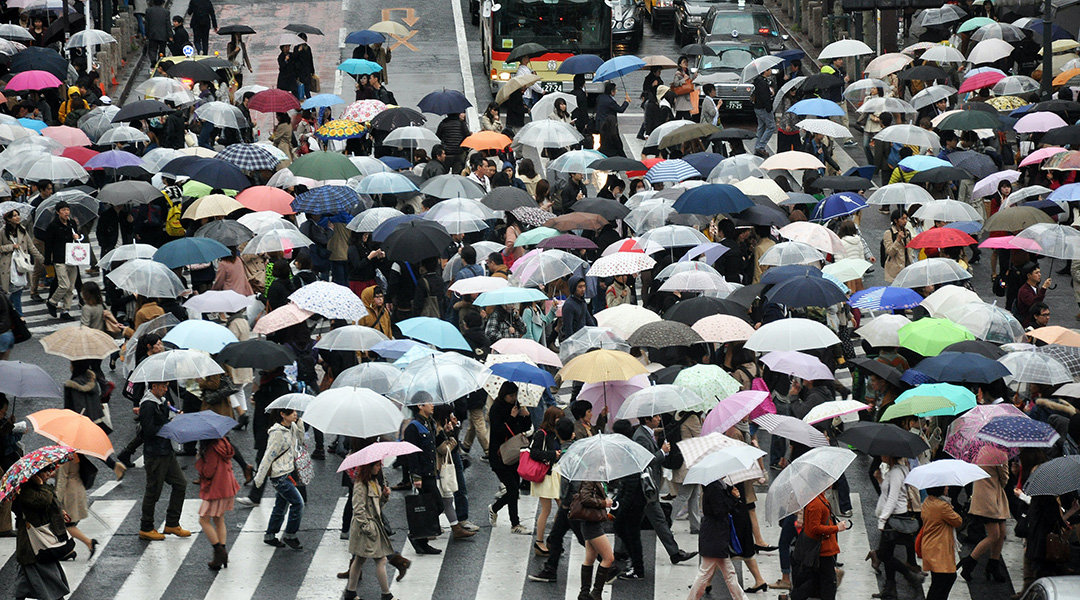

Scientists and climate ethicists argue that more attention needs to be given to population growth’s role in the climate crisis.
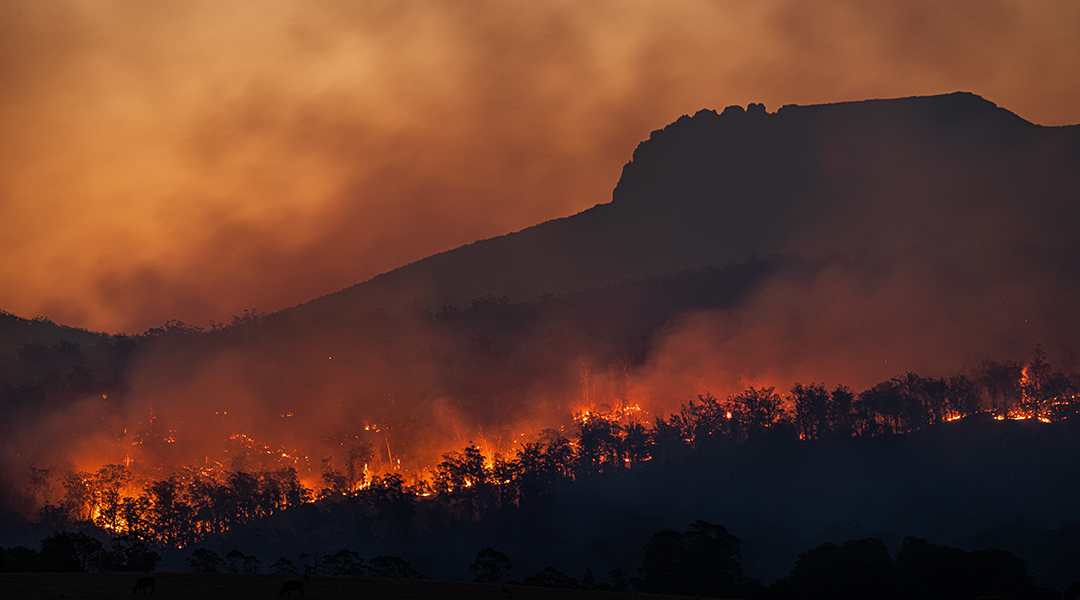
The climate crisis is predicted to trigger mass migration, but burning questions remain that research needs to answer.
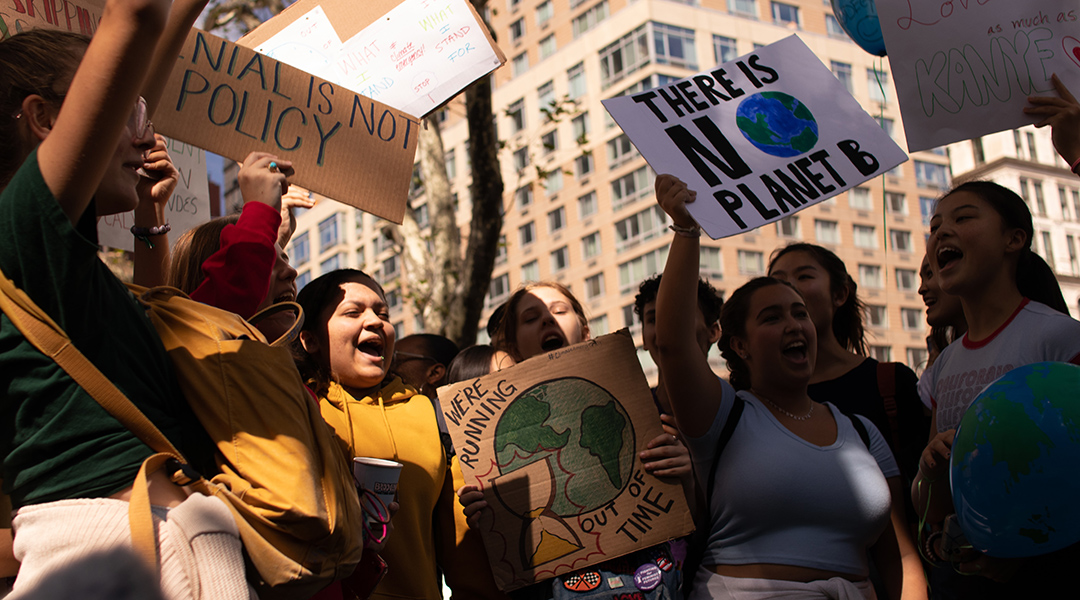
Deepening trust in relationships by broadening and diversifying them could improve climate efforts on the global scale.

Nature is widely adapted to the current climate, making it harder to adjust to a new one.

Growing momentum for decentralized climate policy and the falling costs of low‐carbon technologies are creating new climate change mitigation opportunities for subnational actors.

COVID-19, like climate change, is a complex social problem that will require social scientific knowledge to understand its full and lasting impact impact.
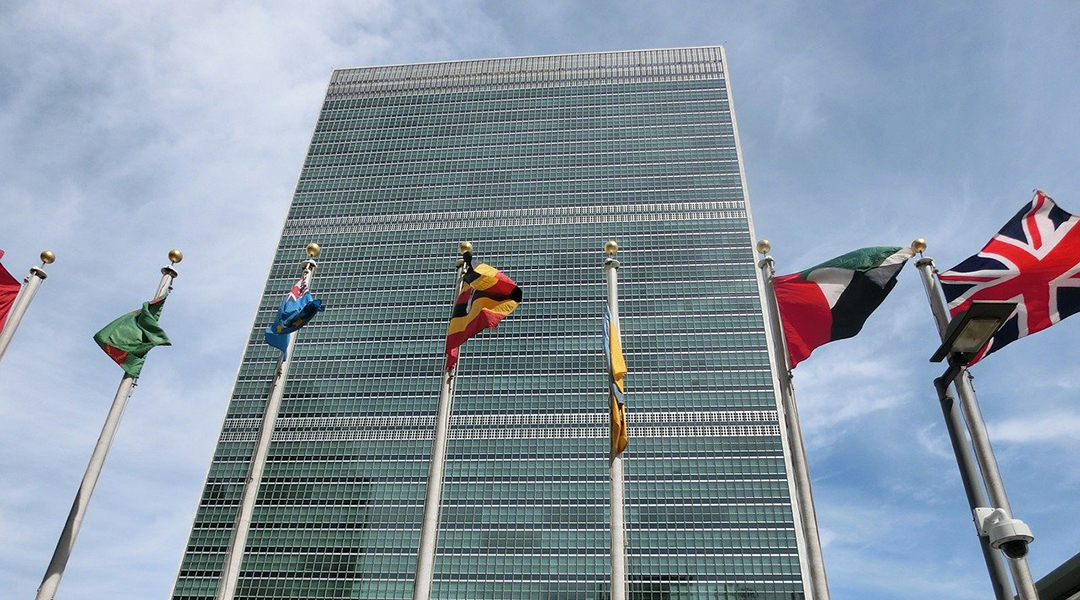
If governments take advantage of the ever-falling price tag of renewables to put clean energy at the heart of COVID-19 economic recovery, they can take a big step towards a healthy world, which is the best insurance policy against global pandemics.
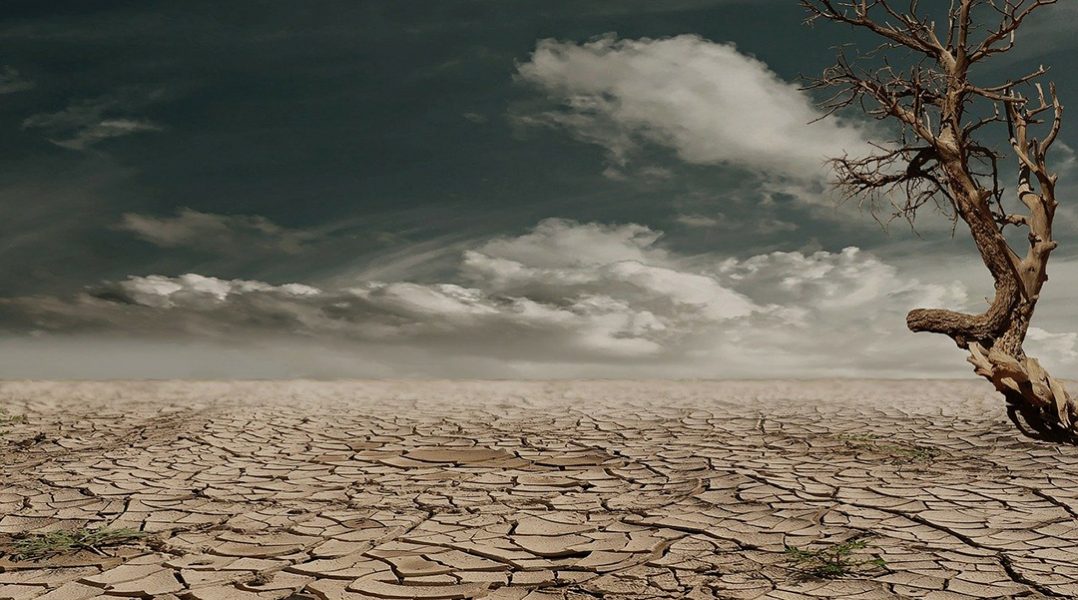
Researchers in China find innovative tool making from early humans at a time of climatic upheaval.

The IPCC report on global warming brought climate science right into the spotlight in 2018.
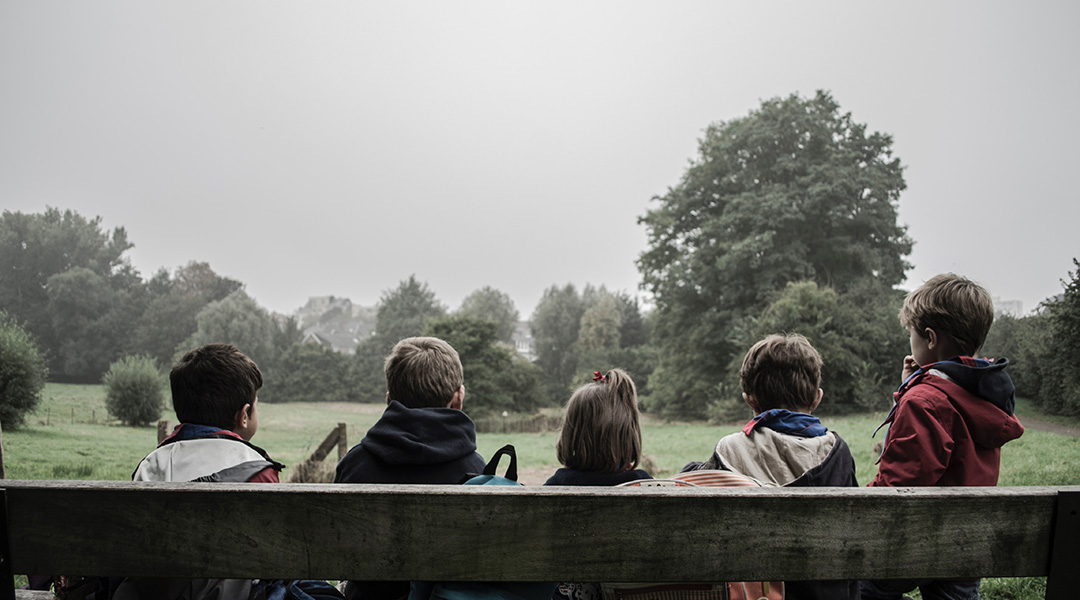
The life of every child born today will be profoundly affected by climate change. Without accelerated intervention, this new era will come to define the health of people at every stage of their lives.